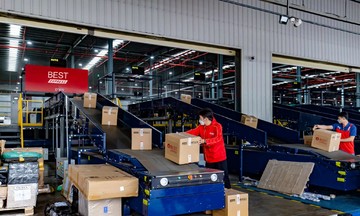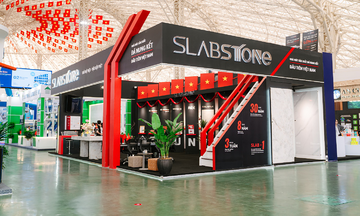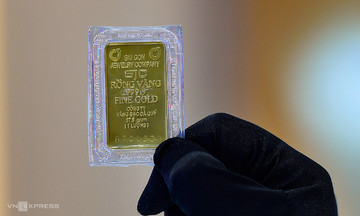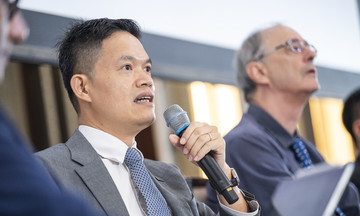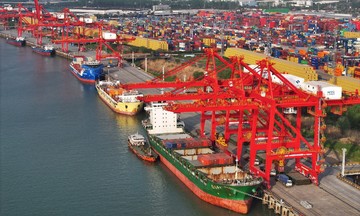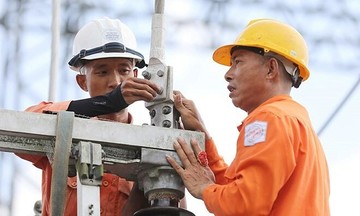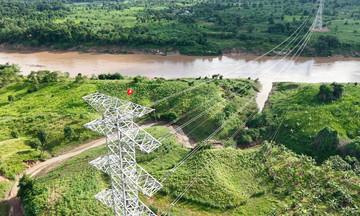On Monday (8/9), over 150 European electric vehicle industry leaders signed a letter urging the European Union (EU) to maintain its target of ensuring all new passenger cars and vans sold by 2035 are zero-emission. In other words, this marks the end for new fossil-fuel-powered vehicles in Europe. Automakers would only be permitted to sell electric, hydrogen, or other technologies that guarantee 100% zero CO2 emissions.
Signatories included Volvo Cars and Polestar. They warned any delay to this target would stagnate the European electric vehicle market, giving an advantage to global competitors and eroding investor confidence.
Polestar CEO Michael Lohscheller warned lowering the target would signal the EU's intention to abandon its emission reduction commitments. "This is not only detrimental to the climate but also harms Europe's competitiveness," he said.
Michiel Langzaal, CEO of charging company Fastned, said the 2035 zero-emission target for the automotive sector has helped the EU attract investment in charging infrastructure and electric vehicle software development. "These investments can only generate returns if this target is met," he said.
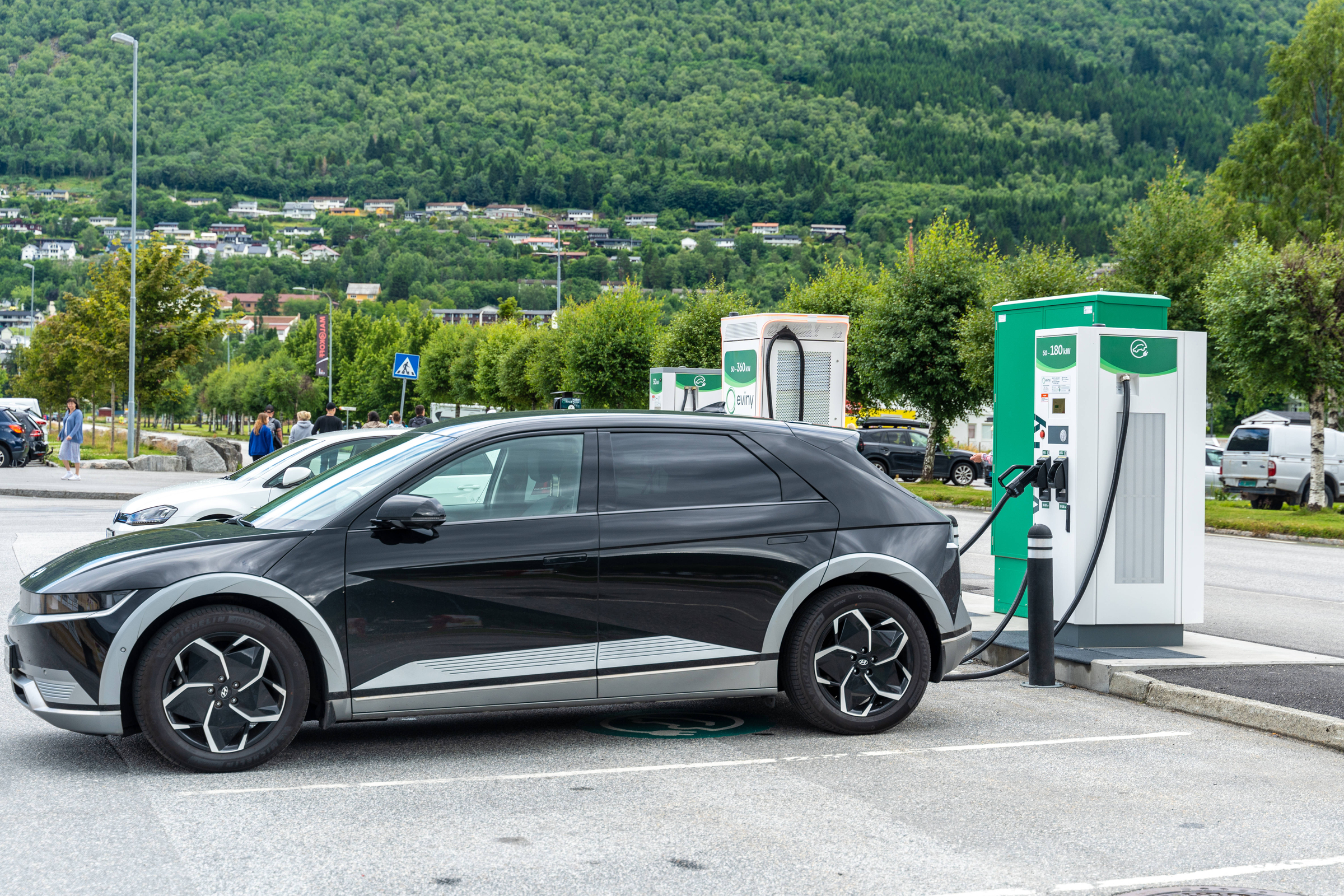 |
An electric vehicle charging station in Norway on 12/7/2023. Photo: Reuters |
An electric vehicle charging station in Norway on 12/7/2023. Photo: Reuters
The letter from the electric vehicle companies comes after European Commission President Ursula von der Leyen last month received a letter from European auto manufacturers and suppliers, warning the 100% emission reduction target for vehicles by 2035 is unattainable.
In their letter, Mercedes-Benz CEO Ola Kaellenius and Schaeffler AG’s CEO of Powertrain and Chassis Systems, Matthias Zin, stated their commitment to achieving net-zero emissions by 2050. However, they emphasized EU manufacturers are currently almost entirely dependent on Asia for batteries, facing inconsistent charging infrastructure, higher production costs, and tariffs from the US.
"Meeting the stringent CO2 emission targets for cars and vans in 2030 and 2035 in the current context is simply impossible," the letter stated. They argued regulations and legal penalties will not accelerate the transition. The two leaders also called for a review of emission regulations for heavy-duty trucks and buses. According to them, while electric vehicles will certainly lead, there must also be room for hybrids, high-efficiency internal combustion engine vehicles, and decarbonized fuels.
Also on Monday, research and advocacy organization Transport & Environment (T&E) released a report stating the emission reduction targets are working. They warned that any relaxation of the 2030 and 2035 targets would decrease investment in electric vehicles, creating an opportunity for China to expand its dominance.
"Europe is facing a decisive choice: lead the global battery electric vehicle (BEV) race and confidently enter the electrification era, or risk falling behind in the fossil fuel era," the organization said.
Numerous affordable vehicle models are launching thanks to cheaper batteries, and developing charging infrastructure is driving demand. Battery costs are estimated to decrease by 27% between 2022 and 2025 and by a further 28% in 2027 compared to this year, according to T&E's forecast. Charging stations have been deployed across 77% of the EU's core highway network. All member states have met or exceeded the number of stations targeted for 2025. The European Commission reported new electric vehicle registrations in Europe in the first quarter increased by 34% compared to the same period in 2024.
T&E predicts electric vehicles will account for 18% of total new car sales in Europe by the end of 2025, up from 13.6% last year. Lucien Mathieu, T&E's automotive director, believes automakers are painting a grim picture simply to encourage officials to relax emission targets.
According to Mathieu, electric vehicle sales are increasing significantly, and emission regulations are the key factor. By adhering to existing laws, Europe can create opportunities for its automotive industry to compete in the global race for electric vehicles. "But if targets are relaxed, many companies may find themselves in the same situation as Mercedes, lagging in electrification and having to buy credits from competitors," Mathieu warned.
Among major manufacturers, BMW, Renault, and Volkswagen are projected to meet their 2025-2027 emission targets. BMW is even expected to exceed the average allowable standard by 13 gCO₂/km, Stellantis by 9 gCO₂/km, and Renault by 2 gCO₂/km. Meanwhile, Volkswagen is just meeting the standard (0 gCO₂/km).
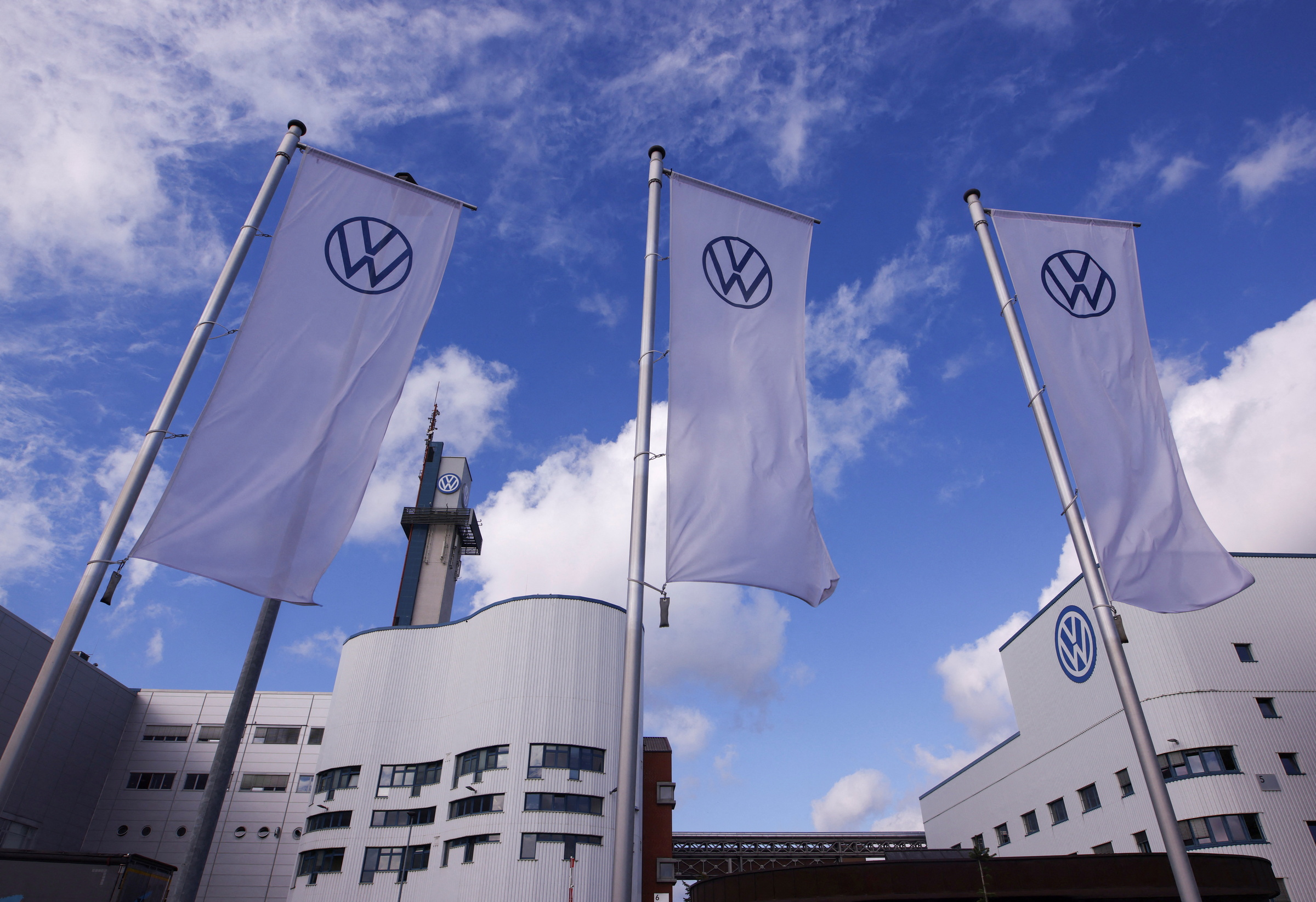 |
Volkswagen factory in Osnabrueck, Germany on 7/10/2024. Photo: Reuters |
Volkswagen factory in Osnabrueck, Germany on 7/10/2024. Photo: Reuters
In contrast, Mercedes-Benz – currently the President of the European Automobile Manufacturers' Association (ACEA) and the strongest voice opposing the emission targets – is the only European manufacturer unable to meet the targets independently due to its focus on more profitable internal combustion engine models.
Mercedes is projected to fall short of the standard by 10 gCO₂/km. To avoid penalties that could reach billions of euros, the company will purchase carbon credits from Volvo Cars and Polestar. Volvo (Sweden) is currently majority-owned by Geely Holding (China). Geely's chairman also controls a company holding a 9.69% stake in Mercedes.
The EU is under pressure from automakers to relax emission targets for 2030 and 2035. In March, the European Commission made a significant concession by extending the 2025 target deadline by two years. Seizing this opportunity, automakers increased the price difference between electric and internal combustion engine vehicles to 40% in June, up from 30% at the beginning of 2025. As a result, electric vehicle sales are projected to decrease by 2 million units between 2025 and 2027.
On September 12, von der Leyen will discuss the future of the European automotive industry with businesses in the sector, as they face dual pressures: increasing competition from China and US tariffs.
While the EU is still discussing relaxing emission regulations, global markets are accelerating electrification. The electric vehicle market share in India and Mexico has reached 5%, Indonesia 13%, and Thailand 24%. In China – the world's largest auto market – BEVs are expected to account for over 30% by the end of 2025.
According to Mathieu, European automakers are delusional if they think China will stop innovating while they try to prolong outdated technology. "If the European Commission agrees to let manufacturers slow down the electric vehicle process, Europe will lose yet another key industry to global competitors. We need our automotive sector to lead in the critical technologies of the 21st century instead of following the path to becoming a 'car museum'," he emphasized.
Phien An (Reuters, T&E)




